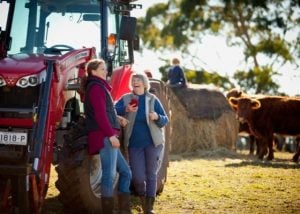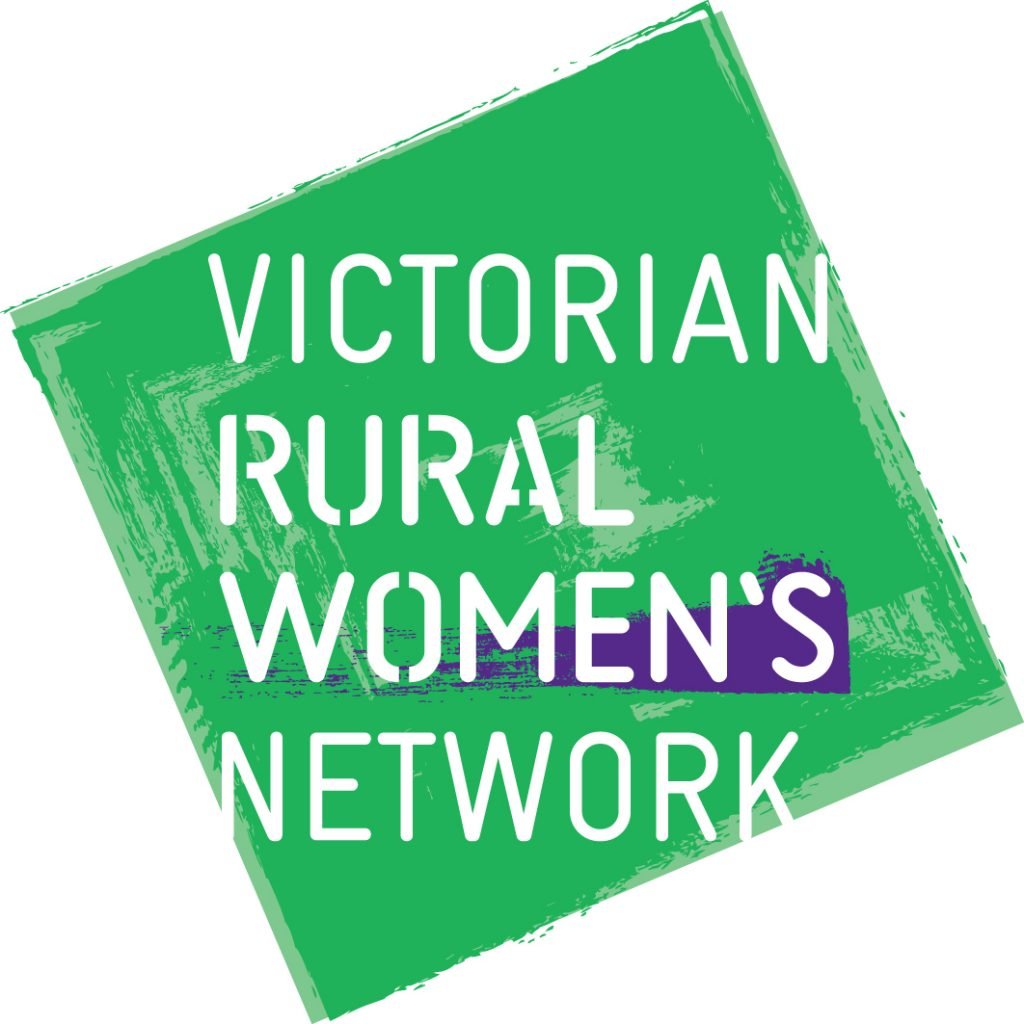 With the challenges of the past two years having disrupted the lives we otherwise took for granted, many of us have been prompted to think more deeply about what’s important to us, and what we want in our lives post-COVID. As we take our first tentative steps into a different world, now is the time to think about what is required of us to build the lives we want for ourselves, our families and our communities.
With the challenges of the past two years having disrupted the lives we otherwise took for granted, many of us have been prompted to think more deeply about what’s important to us, and what we want in our lives post-COVID. As we take our first tentative steps into a different world, now is the time to think about what is required of us to build the lives we want for ourselves, our families and our communities.
Many of our network members have identified that they have goals they’d like to work towards, challenges they’re navigating, or initiatives they’d like to pursue – but perhaps don’t have the time, support or confidence to take them on.
The Victorian Rural Women’s Network Mentoring Program is designed to support rural women who are looking for clarity, accountability – or perhaps a cheerleader! – to take on the challenges of 2022 and beyond. The program is funded by Smarter, Safer Farms, a $20 million Victorian Government commitment to improve safety and skills outcomes for Victorian farmers.
Program participants will be paired with a peer mentor to share skills and experience in a reciprocal exchange. With so much knowledge among our incredible members, we hope this will remind rural women of the resources and support available to them in their networks.
Participants will also be supported by two highly skilled facilitators, Dr Kristy Howard and Cynthia Mahoney. With a breadth of experience across leadership development and agriculture, their support will ensure participants gain the insight and support they’re looking for through the program. We spoke to them to find out why they’re excited to be a part of it.
Why is mentoring valuable?
Cynthia: Mentoring is such a wonderful development tool as it is all about the relationship between the mentor and mentee. Formal training is more transactional – knowledge on a subject area goes from the trainer to the trainee/s and is usually done in a group. Peer mentoring is all about building a relationship of co-learning or where both parties learn together from each other. In this program you’ll share and learn from each other.
Kristy: In training you typically learn about leadership theory and other’s experiences but don’t really get a chance to put it into practice in your context. Mentoring gives you the space to learn and practice together.
Why is it particularly valuable for women?
Kristy: The biggest challenges we face as rural women is the need to ‘do it all’ and ‘be all things’. It is a challenge to find time to advocate for the issues you are passionate about with all this going on.
Cynthia: I run a lot of well-being and leadership programs for rural women and notice that many women have difficulty putting themselves first on their to do list. Boundary setting is another struggle for rural women – many of us aren’t great at saying no. As girls we were conditioned in our childhood to please others and to “be nice” and this is so ingrained and part of our identity that it can be a difficult pattern to break – but learning the skill of saying no is a game changer for women.
What can program participants expect to gain from the experience?
Kristy: I see our role as helping women come to their own understanding of what they can and can’t do and being able to sit comfortably within their own and other’s expectations. We will assist participants to gain clarity, insight, confidence and most importantly, practical ways to live fulfilling lives that include advocacy and leadership.
Cynthia: Your peer mentor is like your buddy. Together you’ll be having chats about your hopes, your dreams, your challenges. You’ll ask each other questions, share your experiences, nut out problems between you, identify what actions you’d like to take to make progress on your goals, report back to your buddy on how you went, what you learnt and what you might try differently next time.
Kristy: The biggest successes I have seen people have is being able to problem solve and follow through on their goals. This means that at the end of the process, they have walked their talk and made some changes that were previously difficult or overwhelming or they just didn’t know where to start. They have gained confidence in making decisions and taking action and go on to make even bigger decisions later on.
Cynthia: Far too often we are not aware of how great we are and it can take participating in a coaching or workshop program to be given this gift of increased self-awareness. I’m continually surprised and in awe of the changes people make when they set a goal, develop a plan and then experiment with taking action. So many people surpass what they thought they were capable of.
How do you think a program like this will benefit rural Victoria?
Cynthia: One of the challenges for rural women is to be their authentic selves and to continue changing cultures and dominant leadership models – you can’t be what you don’t see. Some of the dominant models of leadership and workplace cultures that we have in rural Australia are quite traditionally masculine – command and control, my way or the highway, dominating, keep your game face on, combative. Many women leaders have a different style of leadership that is inclusive, involves mentoring and helping others to be their best, is authentic, open, and consultative, which the neuroscience tells us actually gets the best out of people.
Kristy: Mentoring offers a way of creating both confidence and networks to get the issues rural women think are important on the table for discussion and action.
Cynthia: We’ll also be taking a holistic view of the program and what some of the common themes that emerge are and will report back to the Rural Women’s Network to assist them in their program development.
Kristy has a long history in Australia’s agriculture sector as a researcher, consultant, farm advisor, trainer, facilitator, business coach and leader. Raised on a farm in central Victoria, and now based in North East Victoria, she is passionate about leading and facilitating change in rural and regional Australia that creates viable futures for farmers, rural women and rural communities. Her business development and ‘grass-roots’ leadership programs for rural women and community leaders are transformational, and the participants emerge as confident, capable leaders and savvy farm/rural business owners.
Cynthia is a facilitator, coach, mentor, speaker and author with a passion for personal disruption, neuroscience, positive psychology, courageous conversations, high performance and well-being. She is a passionate advocate for women in leadership and believes that more diversity delivers better results and experiences for organisations and teams. Following an extensive career with the Victorian Department of Agriculture, Cynthia founded her own leadership development practice, enabling her to help people, teams and organisations make positive change and achieve professional and personal success. She’s just released her first book, “Cultivate: how neuroscience and well-being support rural leaders to thrive”.



